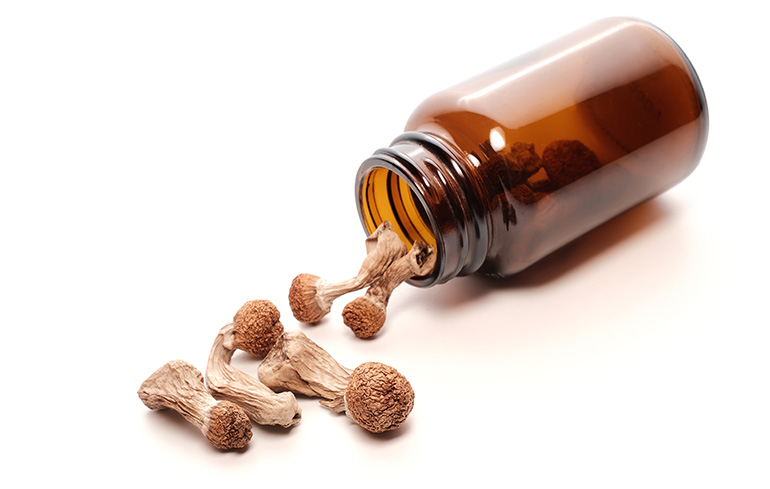If you went to college, what do you owe your alma mater?
Key Points: Determining whether or not to attend college is a much different proposition for students today than it was in years past. In my admittedly anecdotal experience, individuals of previous generations seem to have more affection for their alma mater than those of mine. This has financial implications for institutions of higher education that … Read more









